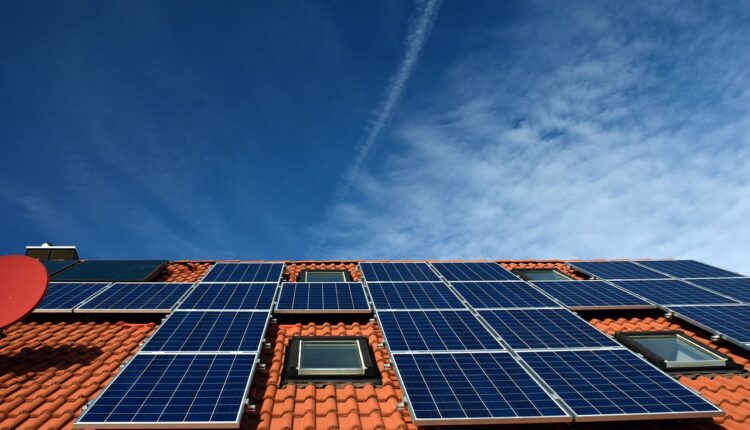Going Solar: Why Should Homeowners Switch to Solar Power?
There’s more to living below your means than saving money and cutting everyday costs. It’s a way of taking control of your finances so you can live comfortably in the long run. You can get started on a more frugal lifestyle by creating a monthly budget, tracking your purchases, and reducing expenditures.
It’s easier to save when you go out with a list of things you need to buy. It’s also easier if you limit your visit to your favorite shopping sites even when their products are on sale. There are plenty of ways to adjust your budget to live more frugally. However, you can never compromise your utilities.
But even though utilities can’t be compromised, you can still save on utility costs.
How do I cut down utility costs?
Utility costs include water, waste management, landline phones, internet connection, heating and cooling, and electricity. A majority of the costs come from energy utilities, including electricity, heating, and cooling.
According to ENERGY STAR, the typical household spends at least $2,000 every year on energy bills. Your heating and cooling costs account for more or less 43% of annual energy costs. Water heaters are the third-largest source of energy expenditures. Lighting typically accounts for 12.5% of the total costs.
Everything else is due to appliances, with an emphasis on refrigerators and clothes dryers. Miscellaneous electronics such as game consoles, home audio devices, and device chargers also contribute to a household’s energy usage. You can lower your energy costs by:
- Replacing old appliances with new ones that are more energy efficient
- Setting your thermostat to regulate indoor heating and cooling
- Plugging electronic devices into a smart power strip
There are greater ways to save on energy costs, though. Dig deeper and discover the benefits of going solar and generating free energy to power your home.
How do I benefit from switching to solar energy?
Solar panel installation is more accessible and affordable than ever, thanks to federal and state tax credits and solar financing options. Take advantage of this and switch to solar power as soon as possible.
Here’s why switching to solar power is good for your household and personal budgeting:
- Solar panels are a renewable source of energy.
- Solar panels effectively cut down your energy bills.
- Solar roof panels absorb sunlight and keep your home cool.
- Solar panels increase the resale value of your residential property.
You might also be interested in the federal tax credits and state-specific tax breaks that you can get by opting to install solar panels. Through the Federal Solar Tax Credit, you can reduce 30% of your solar energy system from your federal tax. Meanwhile, state incentives vary. In 2020, for example, Utah provides a 25% tax incentive for a residential solar installation with a maximum amount of $1,600.
When your home runs entirely on solar energy, you don’t have to worry about energy rates. You’ll also realize that it’s easier to budget your household and overhead expenses. It’s also worth noting that switching to solar reduces your carbon footprint and helps save the environment. Switch now.


Comments are closed.